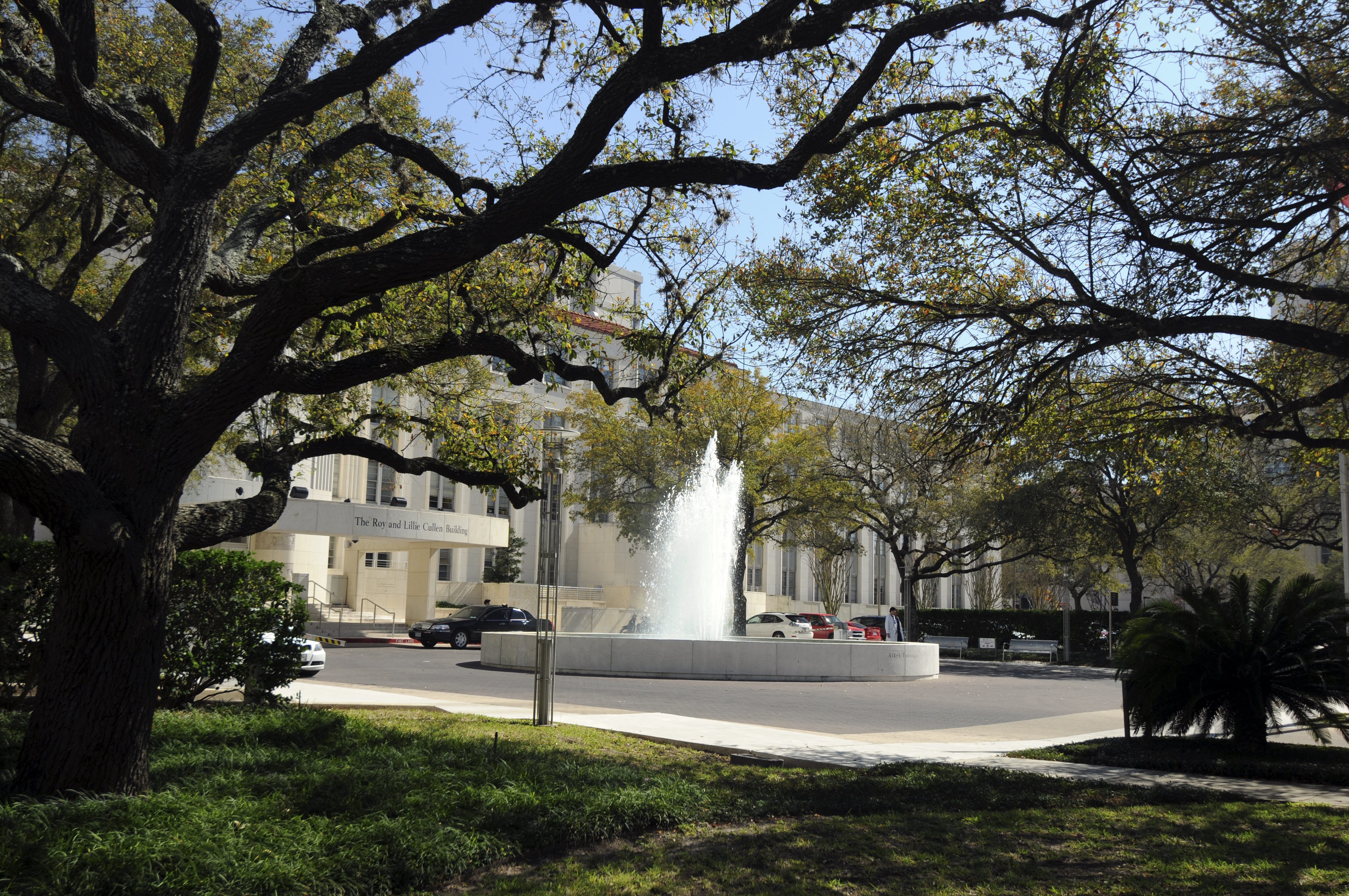Baylor College of Medicine is recruiting volunteers, particularly from historically underrepresented populations, who believe they may have an atypical form of diabetes to participate in the Rare and Atypical Diabetes Network (RADIANT) study. This study discovers and classifies new and unusual forms of diabetes based on the experience of people diagnosed with diabetes who have had difficulty in managing the disease or responding to treatment based on their type 1 or 2 diagnoses.
“Diabetes has always been classified as type 1 or type 2. This is an oversimplified and increasingly unhelpful way to classify a very complex disease,” said Dr. Ashok Balasubramanyam, professor of endocrinology, diabetes and metabolism at Baylor and principal investigator and director of the Baylor RADIANT site. “We estimate that 10-15% of people diagnosed with diabetes have atypical diabetes.”
Common symptoms of atypical diabetes include very early onset diabetes, being an underweight adult with diabetes, being obese at a young age or having many members in a family develop diabetes in childhood or adolescence.
Interested participants will receive blood testing and answer questions about family and medical history to determine eligibility. If selected, participants will receive genetic testing, a comprehensive in-person visit including a detailed physical exam, and evaluation of their genetic results from genetics and diabetes experts to determine the cause of their unique type of diabetes. All testing is free, and participants may receive compensation for their time.
So far, almost 900 people have volunteered to participate in the RADIANT study. The team hopes to recruit at least 1,500 people and is eager to recruit members from minority and immigrant populations.
“We anticipate that many atypical forms of diabetes are highly represented in minority and immigrant populations. We are also looking for rare types of diabetes due to specific genetic defects, because we now have the tools to both identify and possibly treat them with precision medicine,” Balasubramanyam said.







